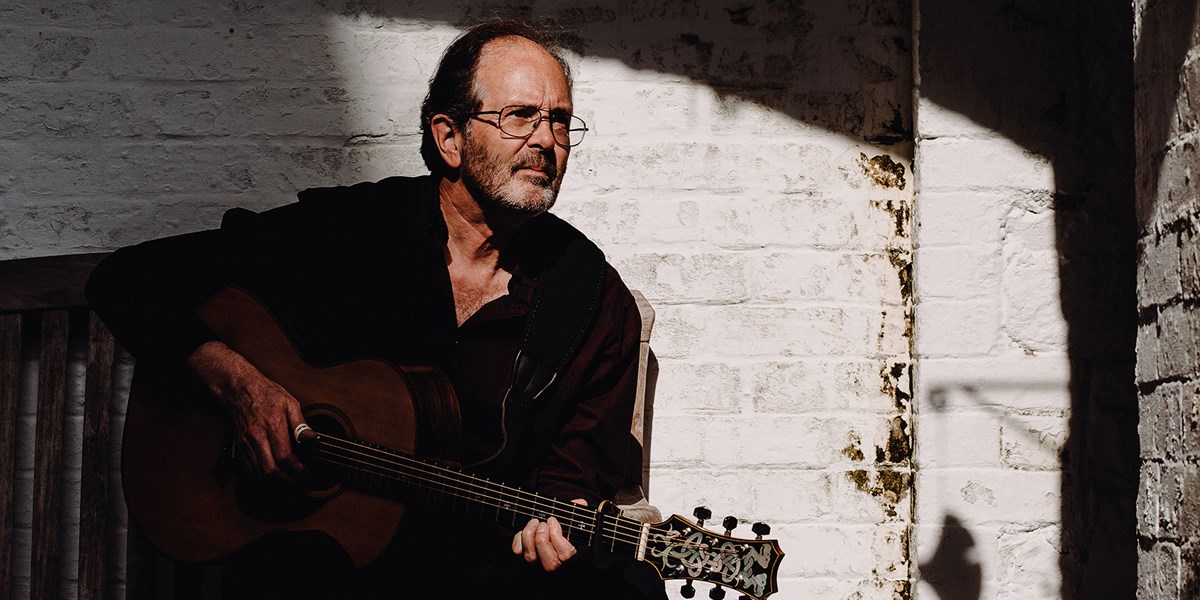Thursday, September 25, 2025
Ian A Anderson's My World interview: “I’ve entered the Shirley Collins ‘don’t give a shit anymore’ phase”
Sophie Parkes meets the folk, roots and trad evangelist, who talks about his no-holds-barred autobiography and a career pledged to music’s margins

Ian A Anderson (photo: Elly Lucas)

Register now to continue reading

Thanks for visiting the Songlines website, your guide to an extraordinary world of music and culture. Sign up for a free account now to enjoy:
- Free access to 2 subscriber-only articles and album reviews every month
- Unlimited access to our news and awards pages
- Our regular email newsletters

